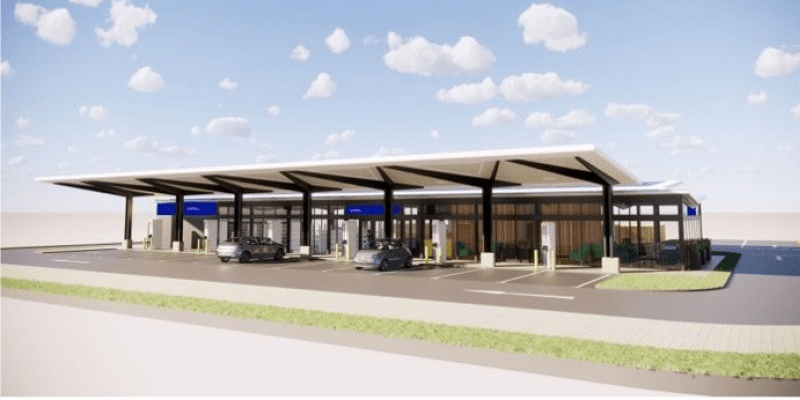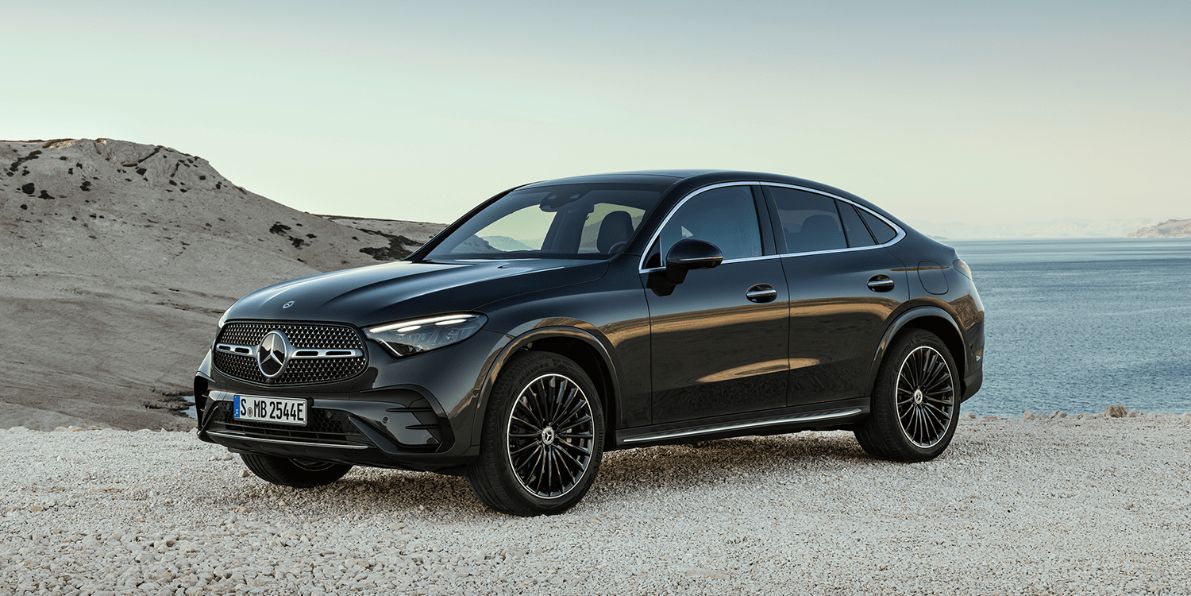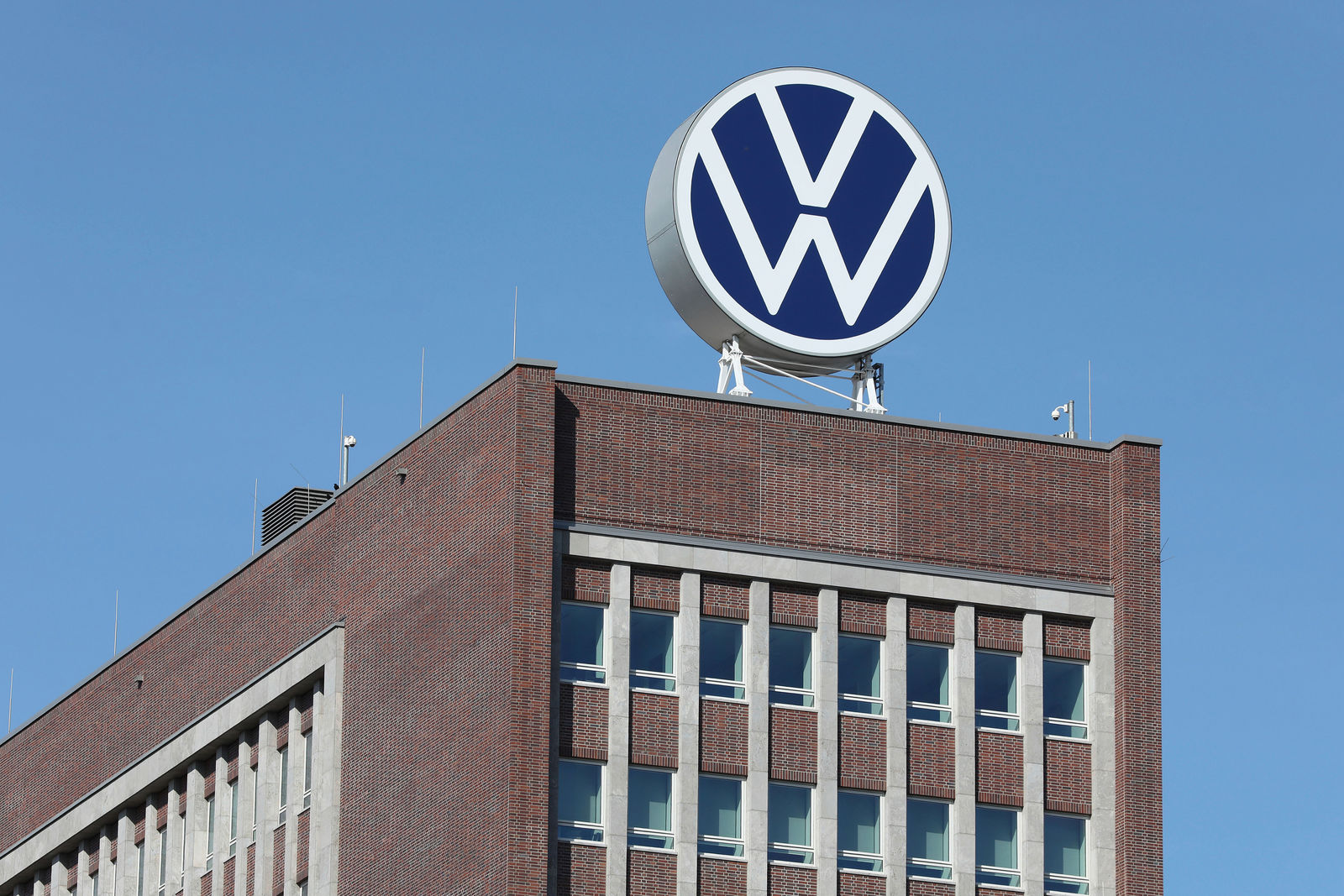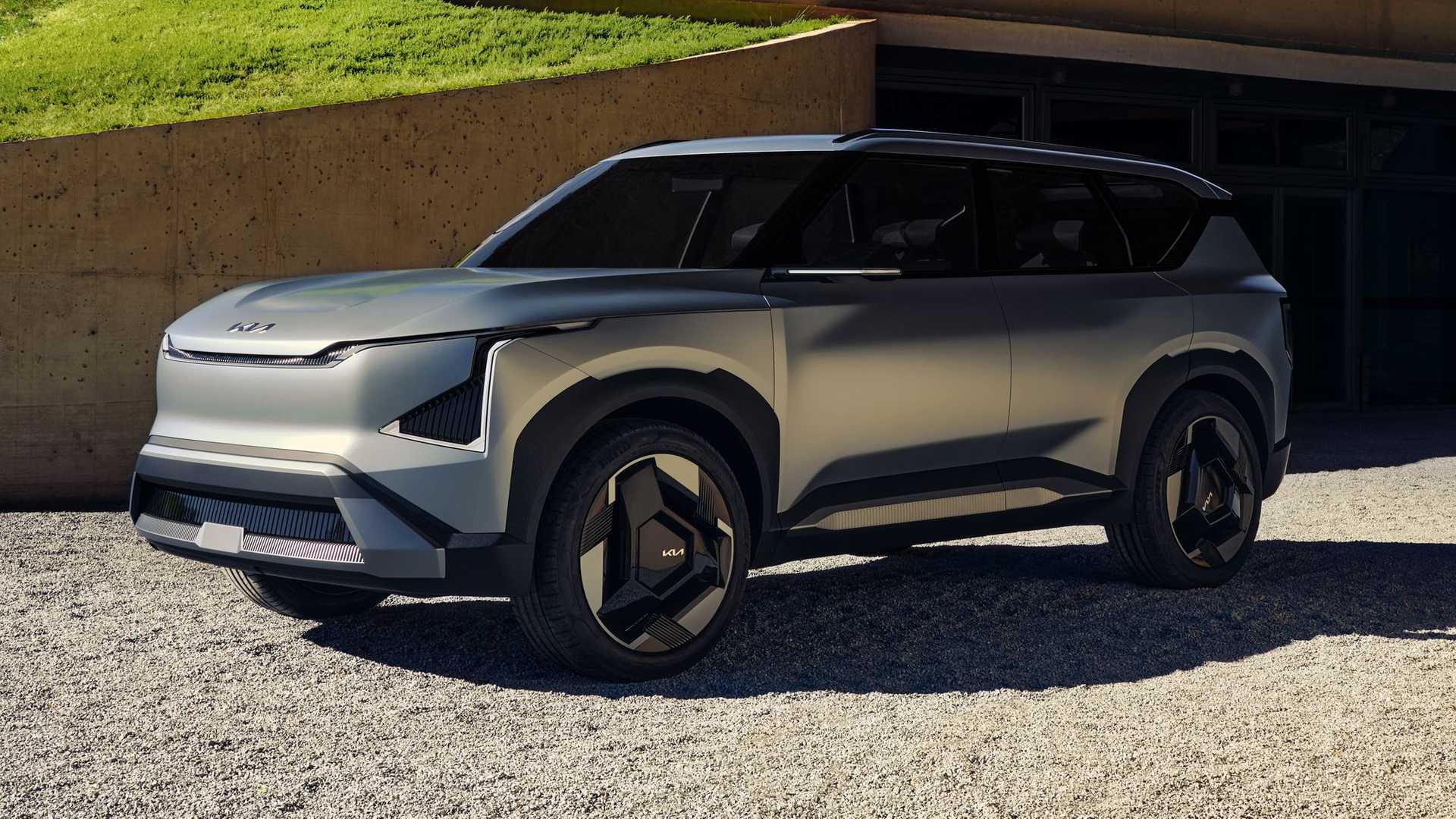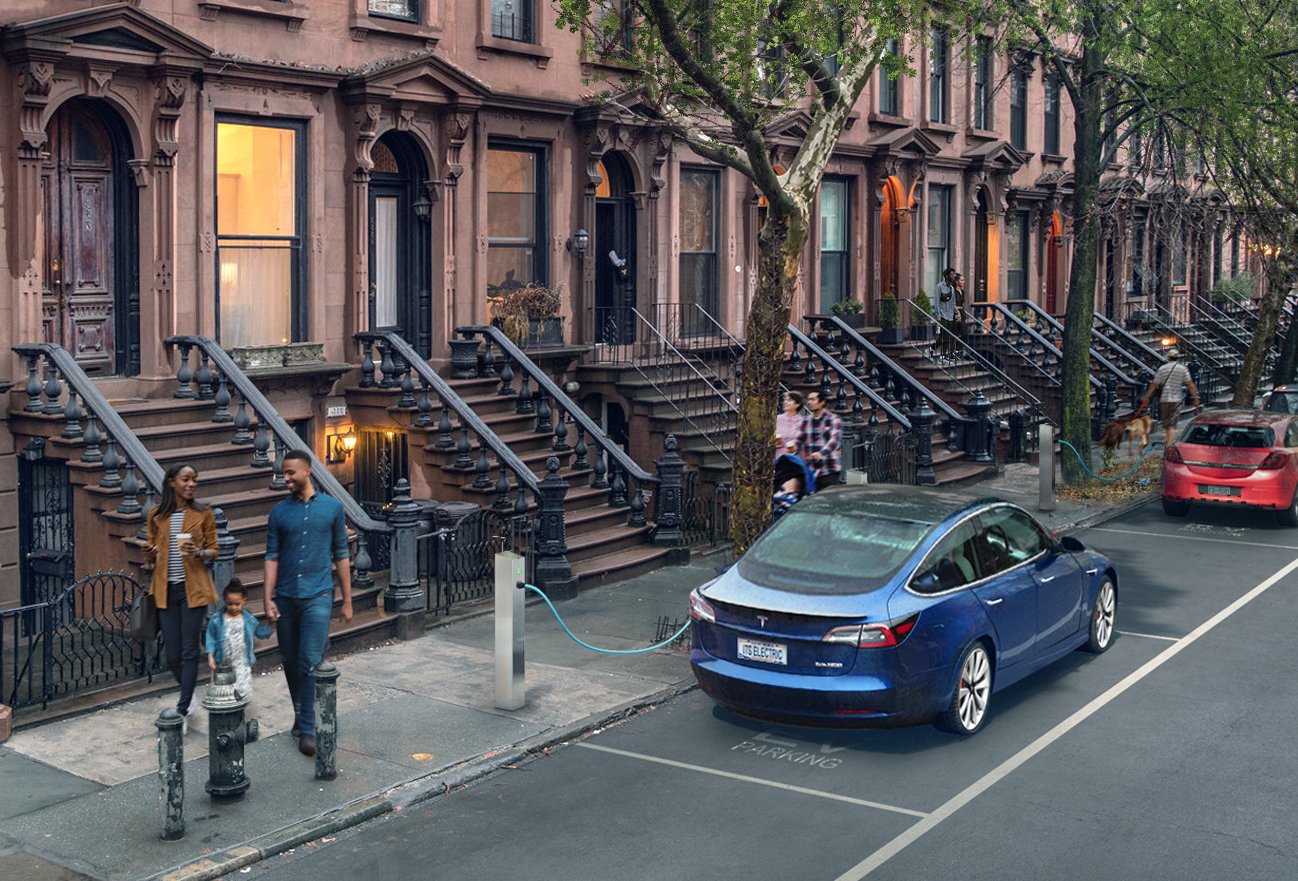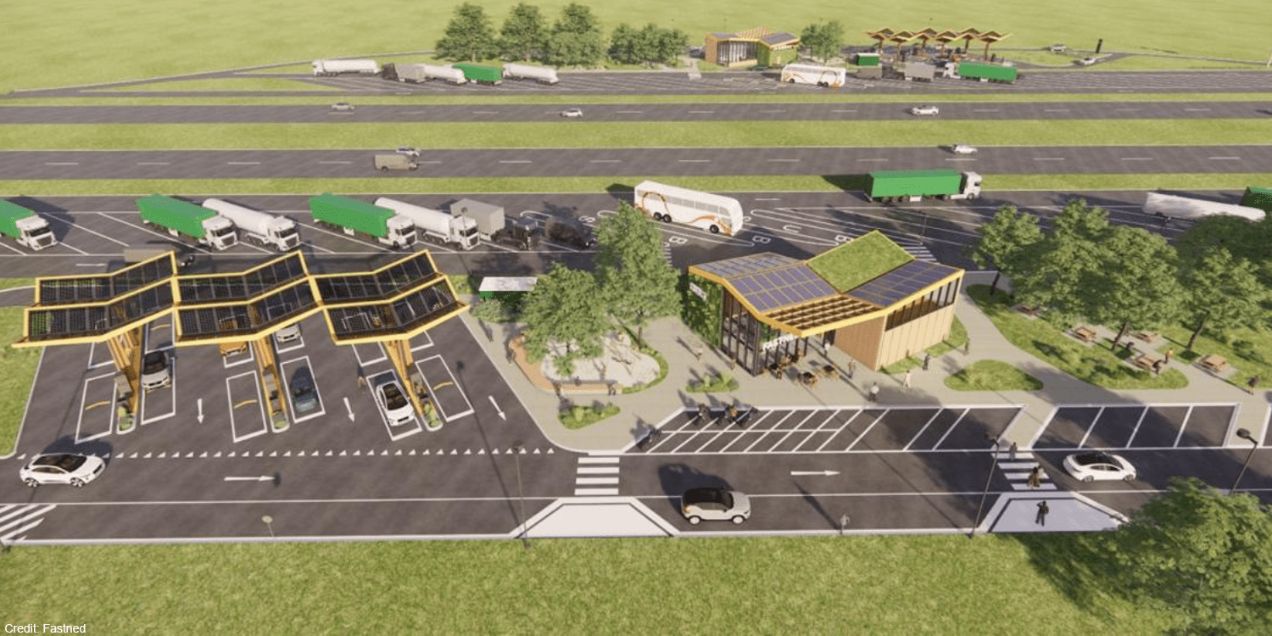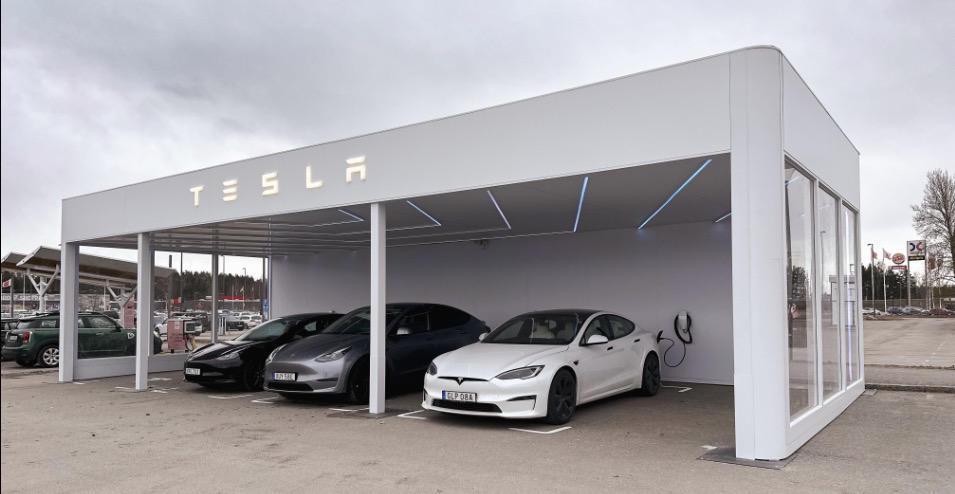BP and Compagnie de Phalsbourg join forces to build over 25 HPC hubs by 2025 in France, marking the market debut of BP Pulse charging infrastructure subsidiary in the country. The fast-charging parks will be strategically located at shopping centers, mainly on the outskirts of major cities and close to major highways.
Each park will be equipped with cutting-edge charging technology, including 300-kW charging stations. However, no further information has been provided regarding the number of charging points planned for each location and what additional charging capabilities, besides the 300-kW chargers, can be expected.
See also: BP and Hertz to Invest $1 Billion in US EV Charging Infrastructure by 2030
The first charging parks are set to open before the end of the year. For real estate company Compagnie de Phalsbourg, the collaboration with BP is part of its “1,000/100,000” plan to build over 1,000 charging stations and photovoltaic systems covering a total area of 100,000 square meters. The company plans to utilize solar power at the charging stations and aims to achieve energy autonomy for most of its real estate sites while supporting visitors on the path to electromobility.
The project marks BP Pulse’s first commitment in France, while competitor TotalEnergies has already been active in the charging infrastructure market for some time. Stefan von Dobschütz, Managing Director Europe at BP Pulse, says, “France is a key market for us, and we are delighted to work with such an innovative company as Compagnie de Phalsbourg to bring our charging solutions to the French market. We look forward to playing a role in France’s transition to zero-carbon transport.”
See also: BP Pulse places record-breaking order for EV charging stations from Tritium Charging
BP Pulse claims to operate one of the largest public fast-charging networks in the UK and Germany, with over 1,400 charging points nationwide under the Aral pulse brand. The company’s goal is to expand its network of public charging stations to over 100,000 globally by 2030.

